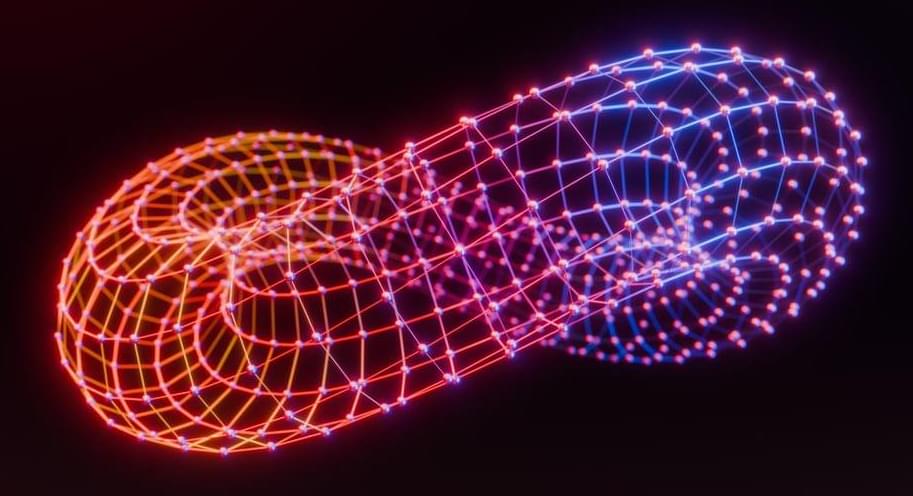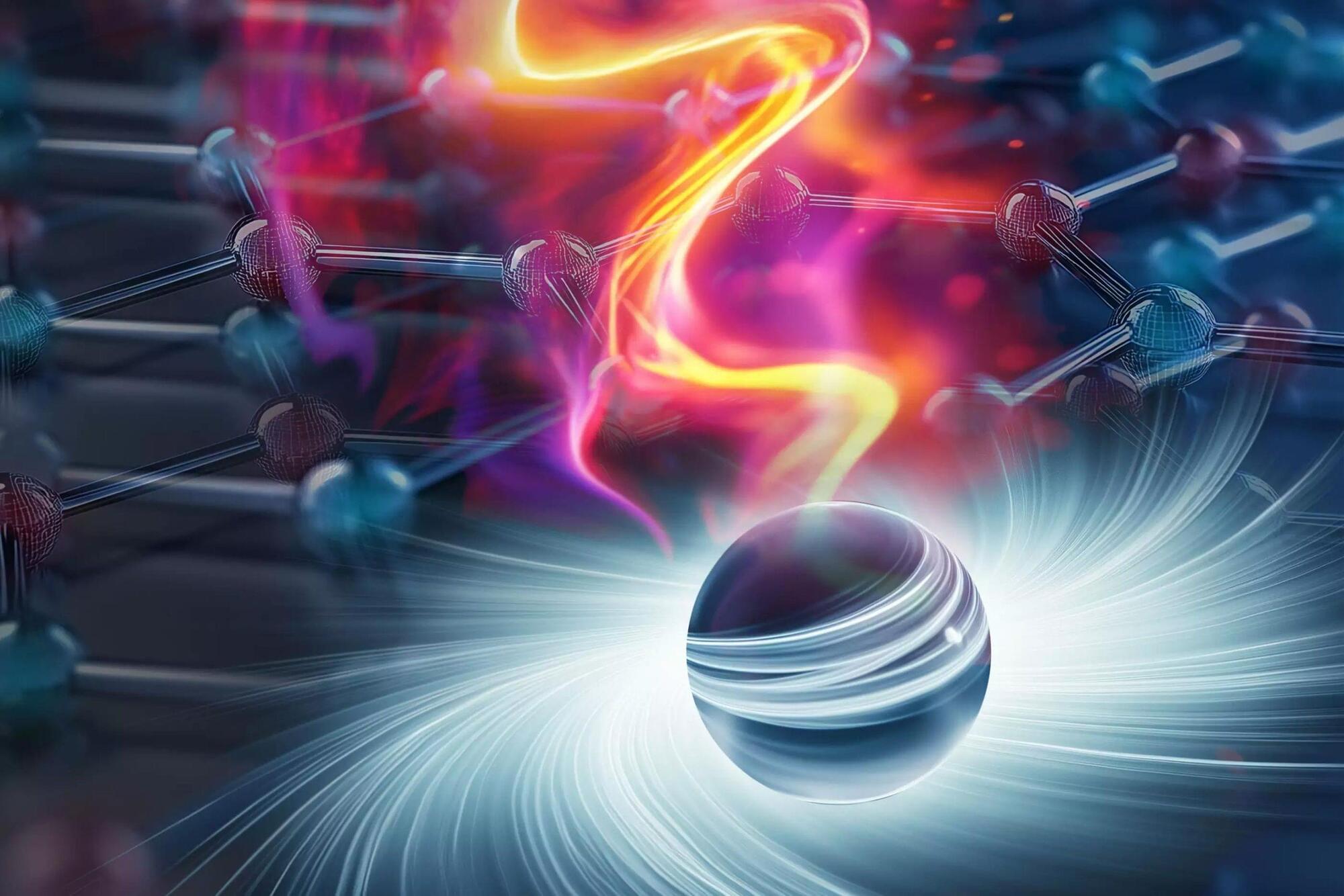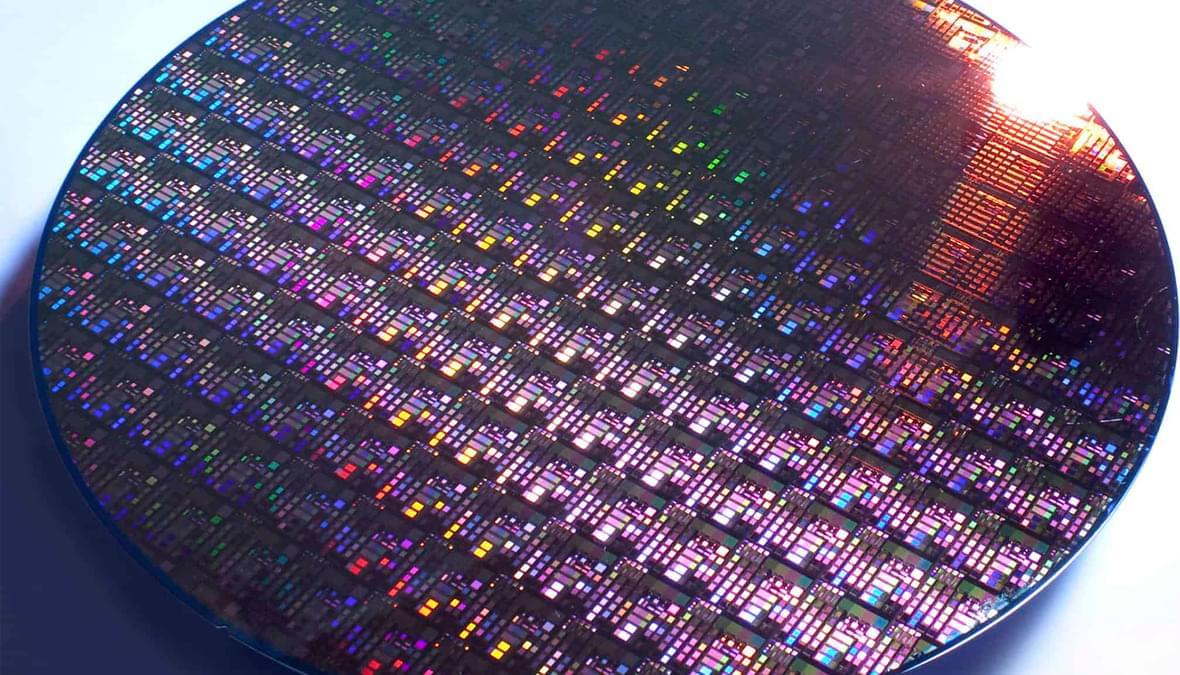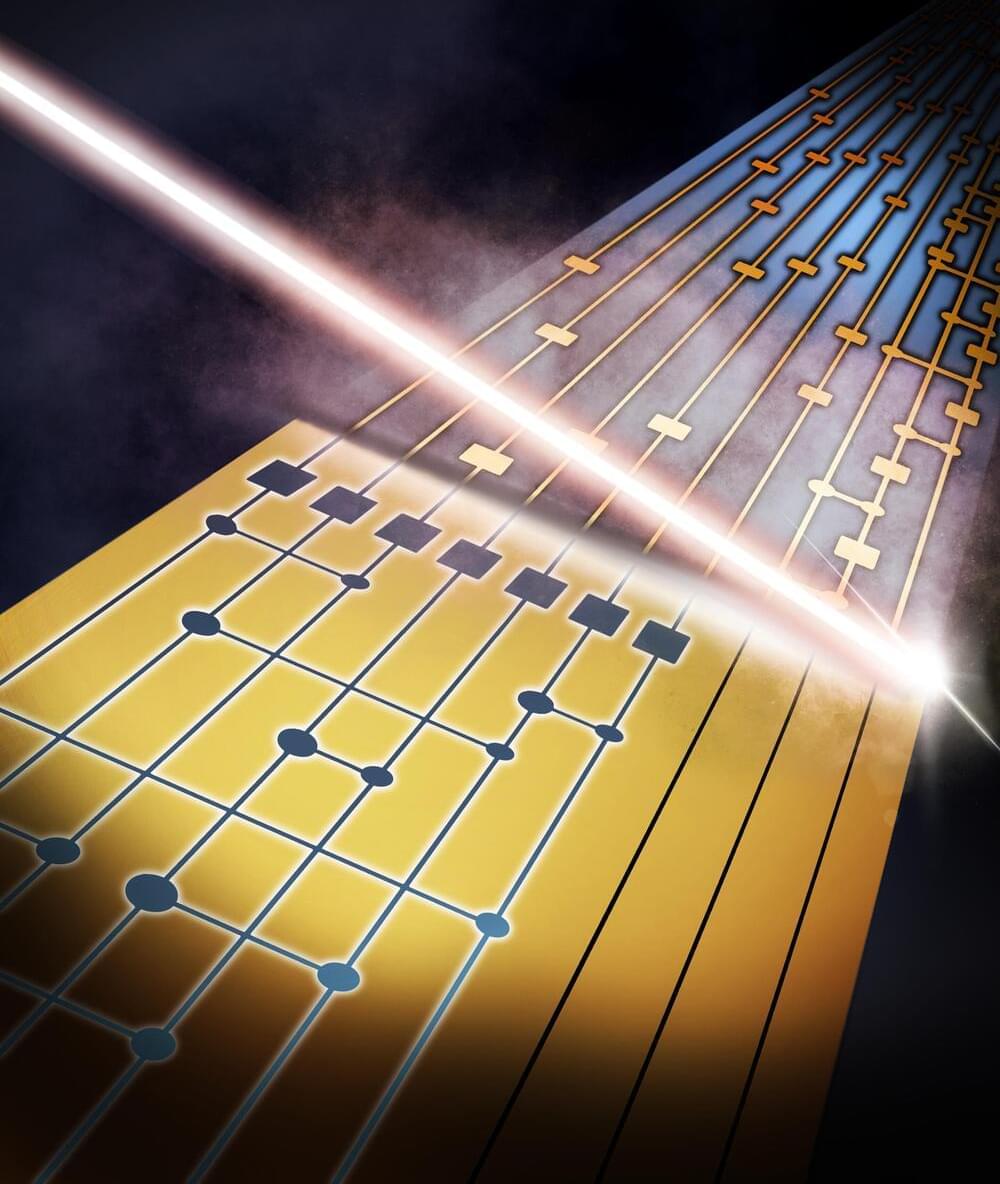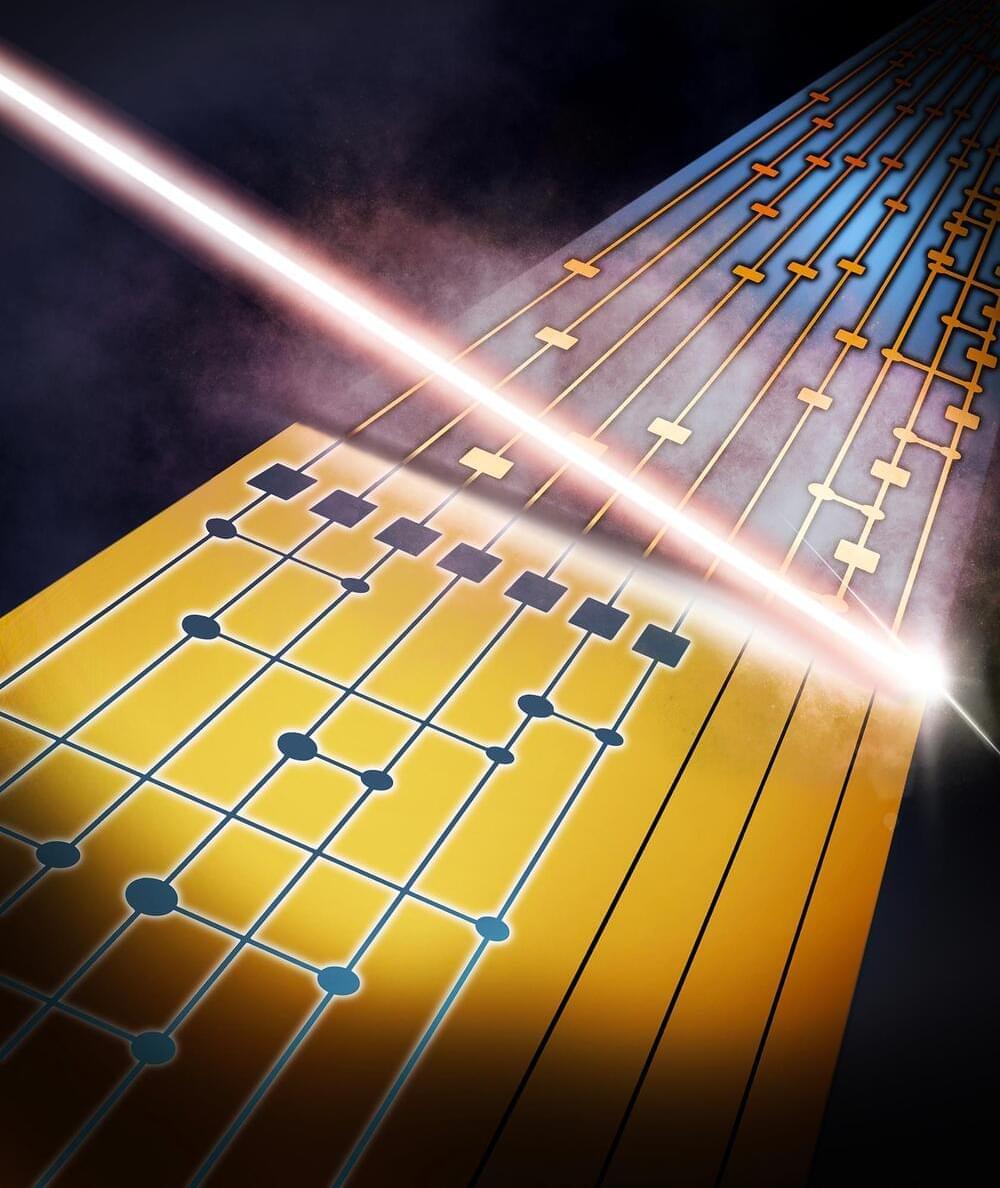Now, scientists have found a way to achieve high-fidelity quantum teleportation using logical qubits. The study was led by researchers from Quantinuum, a quantum computing company based in Colorado, USA.
Interesting Engineering (IE) spoke to one of the co-authors of the study, David Hayes, Director of Computation Theory and Design at Quantinuum.
“Quantum teleportation is an important technique that allows quantum information to be moved quickly, enabling fast processing in quantum computation. It’s also used as a benchmark for general progress since it requires several complex operations to work together,” Hayes explained to IE.
